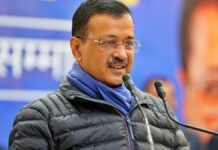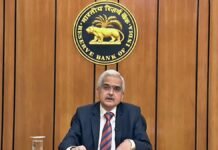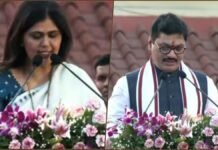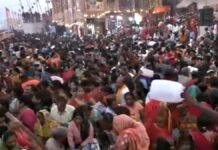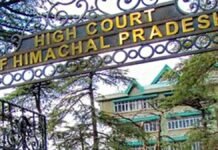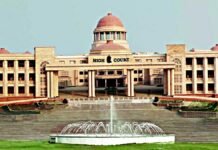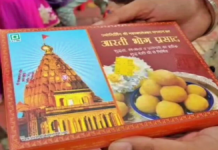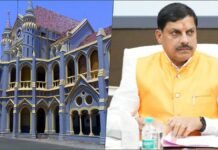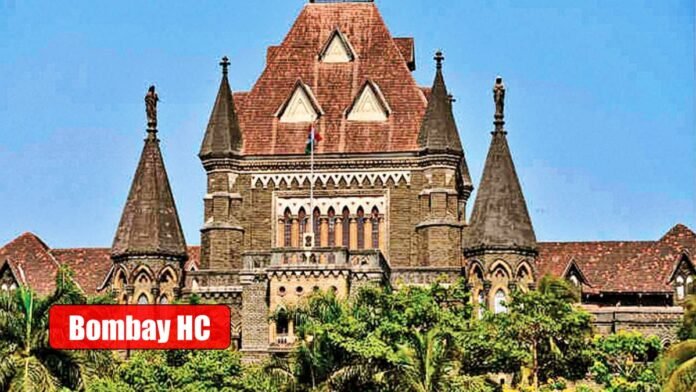
Mumbai: In a landmark decision, the Bombay High Court has struck down the 2023 amendments to the Information Technology (IT) Rules, which empowered the central government to establish a fact-check unit to identify and reject ‘fake and misleading’ information related to its work on social media platforms. This ruling was delivered by Justice Atul Chandurkar, who served as the tie-breaker in a split decision by a two-judge bench.
Key Highlights of the Verdict:
- Violation of Constitutional Rights:
Justice Chandurkar’s bench held that the amendments violate the Constitution’s guarantee of equality before the law (Article 14) and freedom of speech and expression (Article 19). He stated, “I believe that these constitutional amendments violate Article 14 and Article 19 of the Constitution of India.” The judge emphasized that the terms ‘fake, false, and misleading’ are vague and lack clear definitions, making them problematic. - Background of the Amendments:
In 2023, the Central Government amended the Information Technology (Intermediary Guidelines and Digital Media Ethics Code) Rules, 2021. Through Rule 3, the government was granted the authority to create a fact-check unit to identify false online news. This move faced significant criticism and legal challenges. - Petitions and Legal Challenges:
The verdict came in response to four petitions filed by stand-up comedian Kunal Kamra, the Editors Guild of India, the Association of Indian Magazines, and the News Broadcast and Digital Association. These petitions, filed in April last year, argued that the amendments exceeded the powers granted under Section 79 of the Information Technology Act and violated the right to equality (Article 14) and the freedom to practice any profession (Article 19). - Previous Judgments:
In January 2024, Justice Patel had ruled that the proposed fact-check unit directly violated fundamental rights under Article 19(1)(g). He raised concerns about potential censorship and the differential treatment of online and print content. Conversely, Justice Gokhale had upheld the amendments, dismissing allegations of bias and asserting that there were no restrictions on free expression or punitive consequences for users. - Final Decision:
With Justice Chandurkar siding with Justice Patel’s view, the amendments have been declared unconstitutional. The petitions will now be formally placed before a division bench for a final decision.
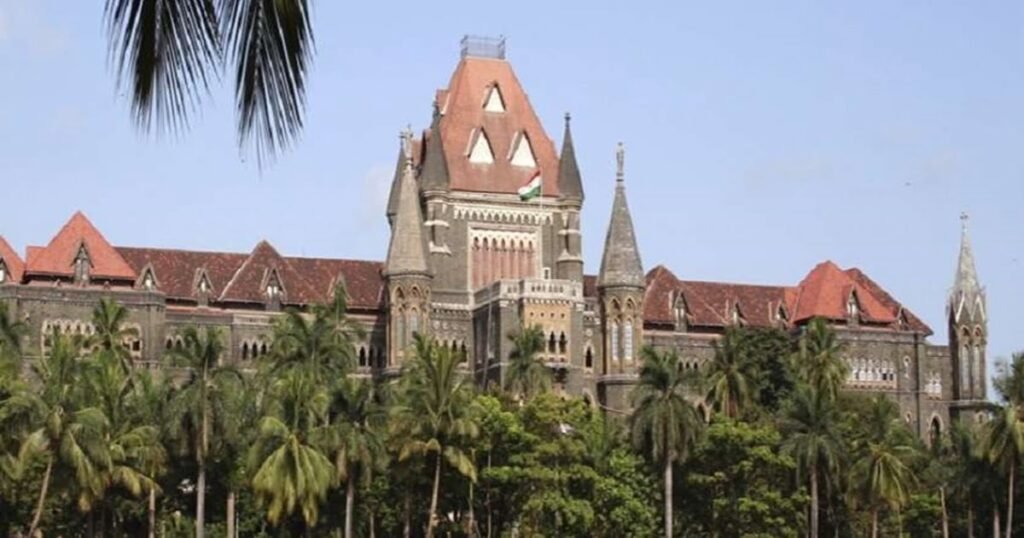
This ruling marks a significant moment in the ongoing debate over the balance between regulating misinformation and protecting constitutional rights in India. The decision underscores the importance of clear definitions and safeguards when implementing regulations that impact fundamental freedoms.
Advertisement

